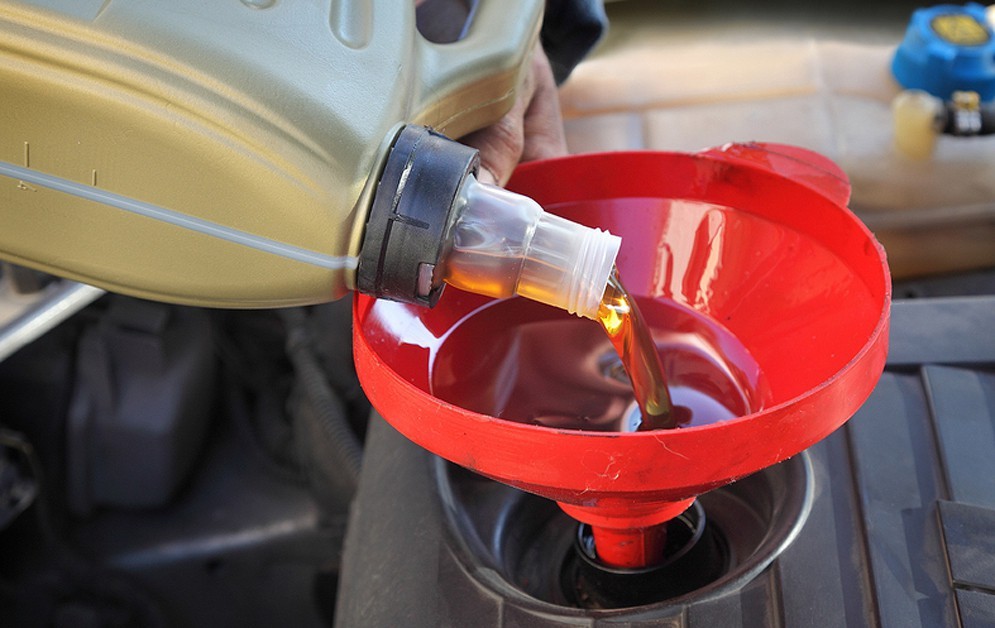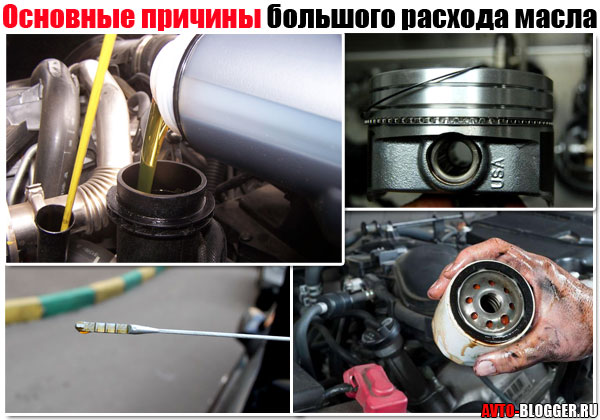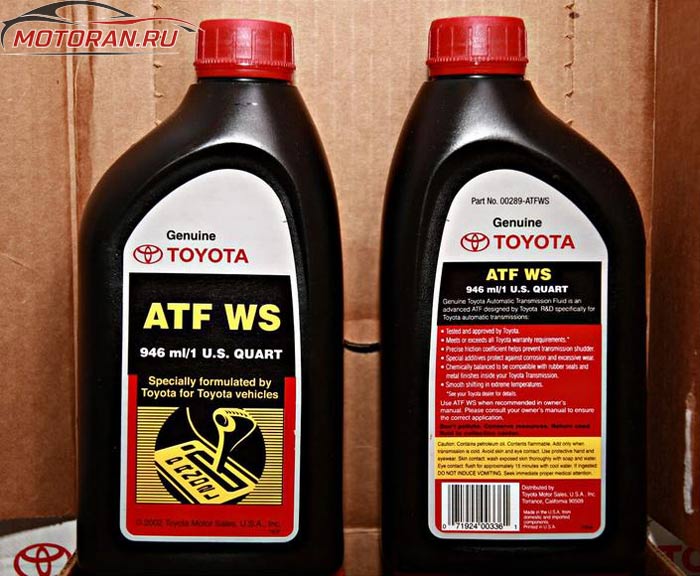
What myths about oil changes should be forgotten forever
Content
Over time, different myths have been created about changing the oil in a car that do not work together when it comes to proper maintenance and guaranteeing a good engine life.
Changing your vehicle's oil is a maintenance that must be performed within the time frame recommended by your vehicle manufacturer to ensure engine life.
However, over time, oil changes have combined several myths that they should be forgotten forever when it comes to providing the best service for your car.
1- You must do an oil change every 3 thousand miles
Changing the oil depends on the operating conditions of the vehicle, how consistently the vehicle is used, and the type of climate in which the vehicle is operated. Before changing the oil in a car, it is best to read the owner's manual and follow its recommendations.
2- Oil additives are the same
viscosity and to protect the engine even when the vehicle is not running. They are designed in such a way that there is always a protective layer throughout the motor to provide lubrication whether the motor is running or not.
Some oil additives are designed to maintain the oil's performance under severe operating conditions, other oil additives are designed to extend the life of older, high mileage vehicles.
3- Synthetic oil causes engine leaks
Synthetic oil doesn't actually cause engine leaks in older cars, it actually provides better protection for your engine in extreme temperatures.
Synthetic motor oils are formulated as a multigrade oil, which allows for the greatest circulation of motor lubrication, plus it does not thin out when the temperature rises.
That is, synthetic oil is made from pure and homogeneous chemicals. Thus, it provides benefits that are simply not available with conventional oils.
4- You can't switch between synthetic and regular oil
According to Penzoil, you can switch between synthetic and regular oil at almost any time. Instead, you can also opt for synthetic oil.
“Really,” Penzoyl explains, “synthetic blends are just a mixture of synthetic and conventional oils. If necessary, it is recommended to use the same top-up oil, which provides the best protection for the oil of your choice.
5- Change the oil when it turns black.
We know that oil is amber or brown when new and turns black after some use, but that doesn't mean the oil needs to be changed. What happens is that over time and mileage, the viscosity and color of the lubricant tend to change..
In fact, this blackened appearance of the oil shows that it is doing its job: it distributes the smallest metal particles formed as a result of the friction of parts and keeps them in suspension so that they do not accumulate. Therefore, these suspended particles are to blame for the darkening of the oil.
6- Oil change must be done by the manufacturer
We usually think that if we don't change the oil at the dealer,
However, under the Magnuson-Moss Warranty Act of 1975, vehicle manufacturers or dealers do not have the right to void a warranty or reject a warranty claim because of non-dealer work.
(FTC), the manufacturer or dealer may only require vehicle owners to use a specific repair facility if the repair service is provided free of charge under warranty.
:

